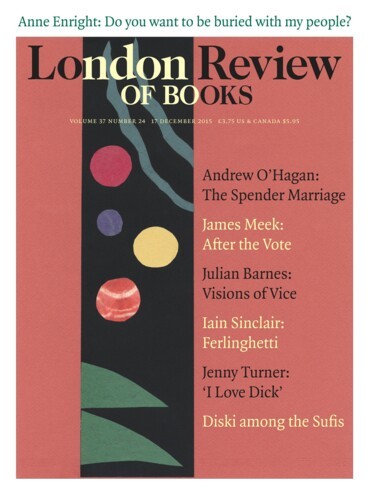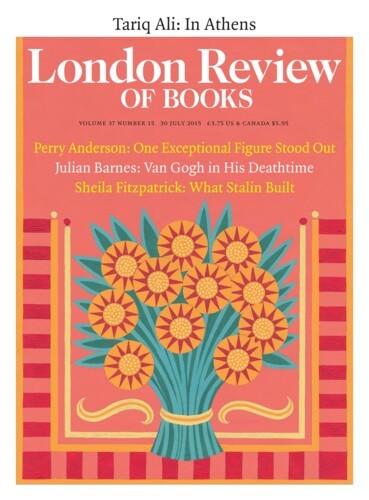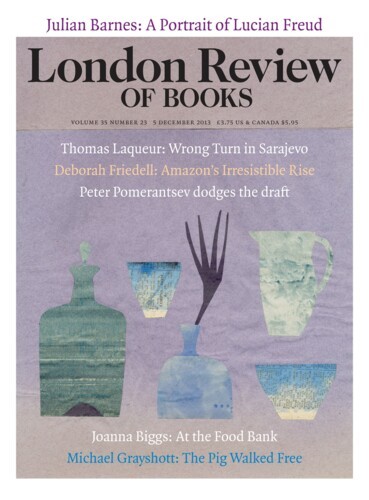At the Fondation Custodia: Wilhelm Eckersberg
Julian Barnes, 28 July 2016
This has been a rich time to explore 19th-century Scandinavian painting. Six years ago London and Edinburgh shared a revelatory show of Christen Købke (1810-48); while in 2014-15 the National Gallery showcased the less well-known but more extraordinary Peder Balke (1804-87): one of those rare artists whose pictures became smaller as he got older, and whose scraped, scratched...





